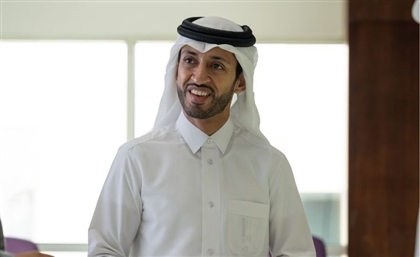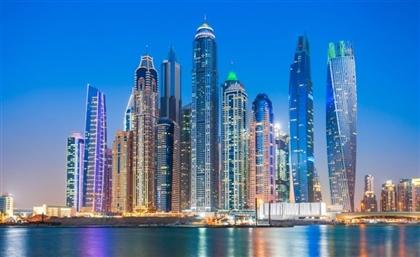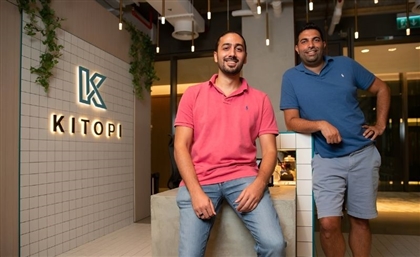This Egyptian Bio-tech Startup Is Turning Shrimp Shells Into Fertilisers
We speak to the co-founders of "Chitosan," who walk us through the process of extracting the revolutionary substance which the startup is named after.
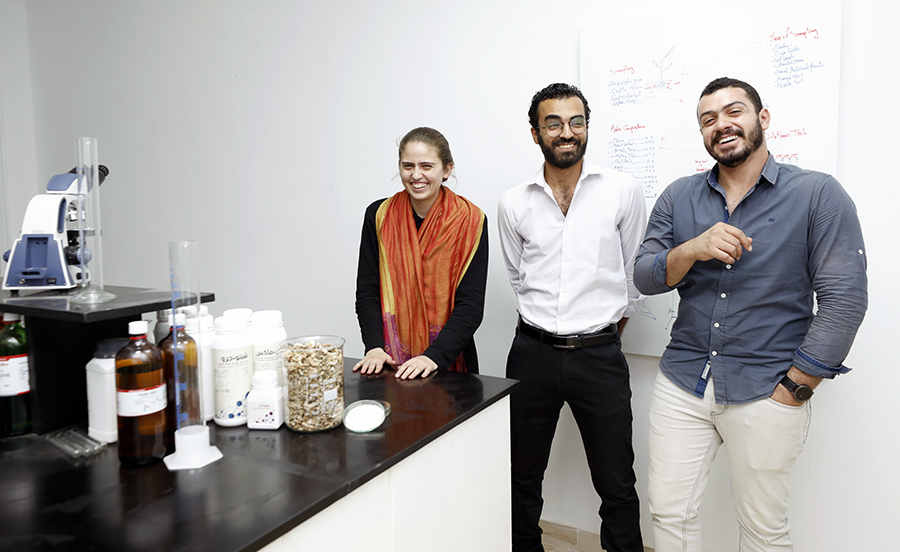
A few years ago, Shahira Yahia and Ehab Usama were having a walk by the Qaroun Lake in Fayoum, looking for a solution to the recurring problem of the lake's troubled ecosystem. "The lake is exposed to the waste of three surrounding villages, so it's only natural that the fish die," Usama tells Startup Scene. They couldn't find a solution to what they originally went for, but they found huge amounts of shrimp shells instead - and this is what they worked with.
"We researched how to make use of this waste. It can be used as it is to feed cattle, and other simple usages," Usama adds. "We researched a bit further, and knew about chitosan, on which out business model is built." Chitosan is the second most available natural material after cellulose, extracted from so many sources like shrimp shells, lobsters, some insects, and fungus. "We extract it from shrimp shells and this kind is called “Alpha Chitosan,” which is the highest grade of chitosan," Usama explains.
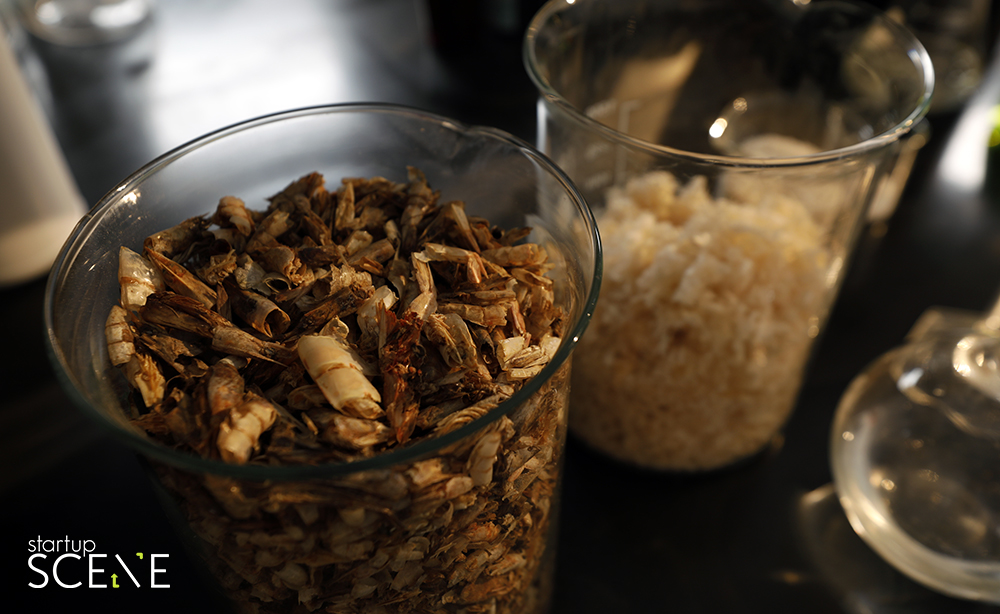
There are over 500 tonnes of shrimp shells that get dumped every year in Egypt.
Established in early 2018, Chitosan has pioneered the research, development and mass production of chitosan, an organic bio-polymer of versatile potential - with 240 industrial applications to its claim. It catalyses manufacture in industries such as medical, pharmaceutical, water treatment, agricultural, industrial, like plastic and paper, and many other sectors.
"In result to shrimp pealing, shells would be left without use, some would get sold for a symbolic price - compromising its real value - to farmers to feed their cattle. Or they get dumped in the lake and creates environmental issues," Shahira Yahia explains to Startup Scene. The bio-tech startup gave shrimp shells new purpose. At least 10,000 women working by the seas outlining Egypt, source, collect shrimp shells, and send them out to the labs to extract the chitosan which then goes to factories to turn them into agricultural fertilisers.
"The first market we work in is agriculture," Usama says. "When we conducted the matrix and feasibility study for all the existing sectors, we found agriculture to be the most suitable sector to start with. It has the biggest need as it’s the easiest market to enter because it suffers from strong pain points in the available products."
Chitosan's product is B-to-C, specialised in treating root rot and increasing produce by at least 30%; "Some have reached a 120% increase in produce," Usama points out. "Chemicals leave residues on the fruits and that’s what makes it cancerous. Chitosan is an organic product free from any residues certified by Spain and Egypt."
In less than one year, Chitosan has gone from EGP 10 to 47 million market valuation. Chitosan already has a lab of 13,000 local researchers on board, ready to take their success story to other markets in the Middle East, potentially Saudi Arabia.




